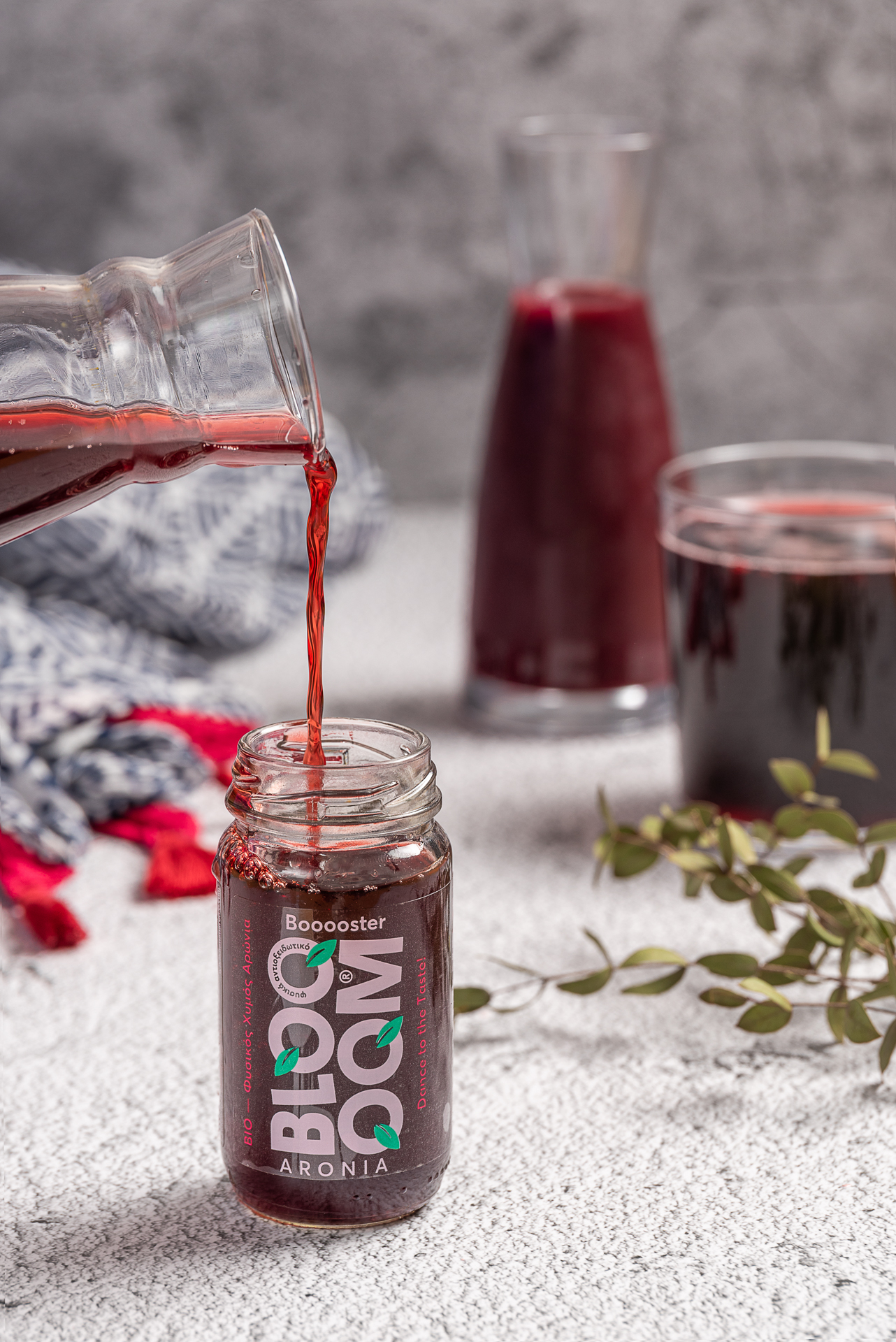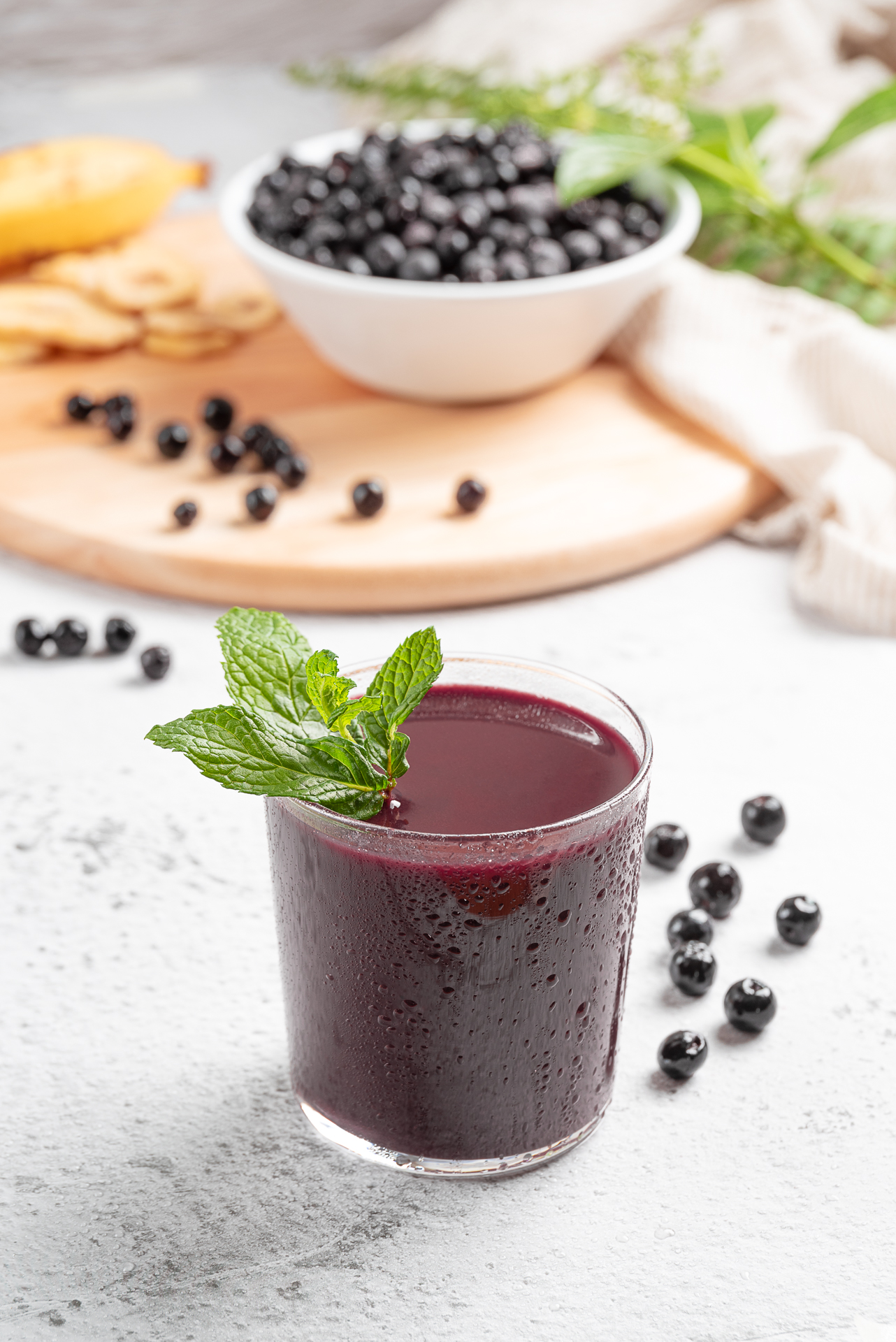

As magical fruit as real are the health benefits
Cholesterol: Aronia reduces low density lipoprotein (LDL), triacylglycerols and total cholesterol due to their anthocyanin content and antioxidant capacity. Aronia juice has been shown to lower LDL cholesterol alone.
Fruits also reduce the concentration of homocysteine (a non-protein amino acid) and therefore reduce the risk of thrombosis and atherosclerosis (Kulling and Rawel, 2008).
Blood pressure: Academic studies on aronia juice show that it provides a significant reduction in blood pressure and narrowing of blood vessels.
Sugar levels: Polyphenols have been shown to reduce clogged arteries in people with diabetes, improve immune system function and reduce inflammation. Studies shows that aronia juice leads not only to the reduction of fasting sugar levels in the blood sugar (Simeonov et al., 2002) but also to the normalisation/reduction of glucose levels. (Kulling and Rawel, 2008; Sidor et al., 2019)
Anti-cancer Action
Studies show that polyphenols have the ability to reduce the formation of tumours in cells and tissues. Anthocyanins also have anti-mutagenic activity due to their ability to detect and neutralise free radicals. Thus, aronia fruits inhibit the development of breast, intestinal, liver and leukaemia cancers because they have a selective effect on cancer stem cells. (Sidor et al., 2019; Kulling and Rawel, 2008).
Natural Anti-Inflammatory
Inflammation is one of the main causes of atherosclerosis. Polyphenols have been shown to reduce the development of atherosclerosis in patients with diabetes, improving immune system function and reducing inflammation (Kulling and Rawel, 2008).
Also the anti-inflammatory effects of flavonoids importantly have been the subject of research (Bell, DR, & Gochenaur, K. 2006) as well as the reduction of chronic inflammation (Han, G.-L., Li, C.-M., Mazza , G., & Yang, XG 2005).
Anti-bacterial and Anti-viral action
Evidence suggests that aronia fruit has antiviral activity against influenza A virus (Sidor et al., 2019; Kulling and Rawel, 2008).
1 Kulling, SE, & Rawel, HM (2008). Chokeberry (Aronia melanocarpa) – Overview of the typical ingredients and possible health effects. Planta Medica, 74 (13), 1625–1634. https://doi.org/10.1055/s-0028-1088306
2 Sidor, A., Drożdżyńska, A., & Gramza-Michałowska, A. (2019). Black chokeberry (Aronia melanocarpa) and its products as possible health promoters – An overview. Trends in Food Science and Technology, 89 (May), 45–60. https://doi.org/10.1016/j.tifs.2019.05.006
